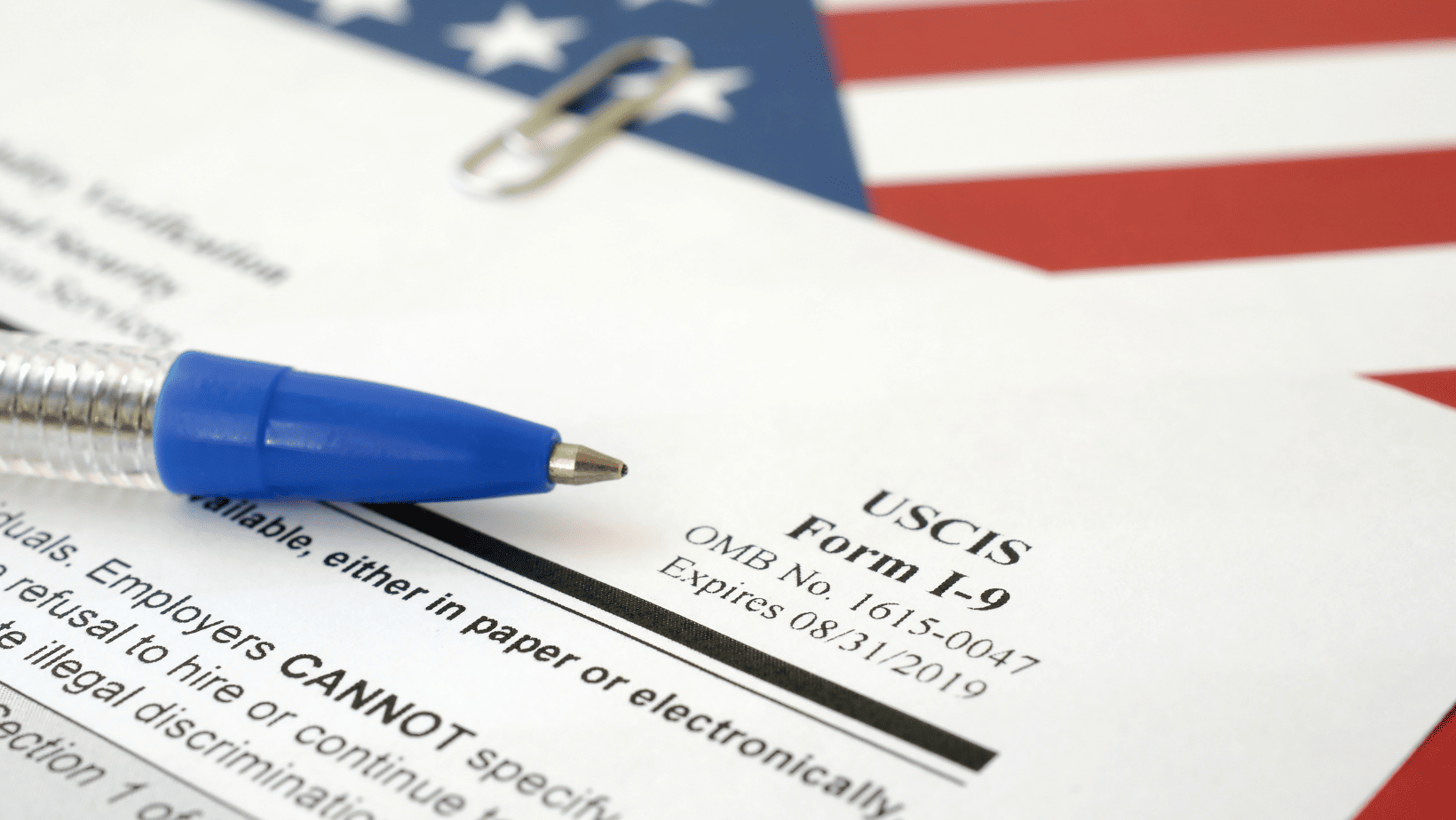The U.S. government, under the Trump administration, has introduced major revisions to the Employment Eligibility Verification Form, commonly known as Form I-9, which is required by employers when hiring foreign nationals.
This updated Form I-9, managed by U.S. Citizenship and Immigration Services (USCIS), is used to validate both the identity and legal right to work of individuals hired in the United States. One notable change is the replacement of the term “noncitizen authorized to work” with “alien authorized to work” in the section where employees declare their citizenship or immigration status.
Previously, the Biden administration, in its 2023 revision of Form I-9, had opted for the term “noncitizen” in an effort to phase out the word “alien” across federal immigration documents. However, the most recent version of the form has reversed this change, restoring the use of “alien” in line with official statutory language.
Employers across the United States are required to complete Form I-9 for every employee they hire—this includes both U.S. citizens and non-citizens. The form must be filled out by both the employee and the employer (or an authorized representative).
The current version of Form I-9 now reflects these updates and has been aligned with legal terminology. It also includes a revised DHS Privacy Notice. The updated form, dated 01/20/25 and set to expire on 05/31/2027, is now available for download. Older versions remain valid for use until their expiration dates:
- Form I-9 (08/01/23 edition) remains valid until 05/31/2027.
- Another 08/01/23 edition is valid through 07/31/2026, though users must update their systems with the new expiration date by July 31, 2026.
Key updates to the form include:
- Updating the fourth checkbox in Section 1 to read “An alien authorized to work”
- Modifying the descriptions of two List B documents in the Lists of Acceptable Documents
- Including new legal language and an updated DHS Privacy Notice in the form instructions
Beginning April 3, 2025, systems like E-Verify and E-Verify+ will reflect this change, updating the citizenship status option from “A noncitizen authorized to work” to “An alien authorized to work” during case creation.



